Chrysler stopped selling the Mitsubishi Galant Lambda (with Dodge Challenger or Plymouth Sapporo badges) in the United States after the 1983 model year, and its replacement for 1984 was a genuine Michigan product: the Daytona. Based on a front-wheel-drive platform derived from Lee Iacocca’s Chrysler-saving K-Cars, the early Daytona looked sporty and — with the optional turbocharged engine under the hood — was respectably quick. Here’s one of those cars, found in a Denver-area car graveyard a few months back.
The Daytona name comes from race-crazed Daytona Beach and the wing-and-long-nose-equipped Dodge Charger Daytonas that won many NASCAR races in 1969 and 1970. The Daytona name was revived for a Charger trim package in the middle 1970s and for a special-edition Ram truck 30 years after that, but the 1984-1993 cars were the only Dodges to be dubbed Daytonas as their full model names.
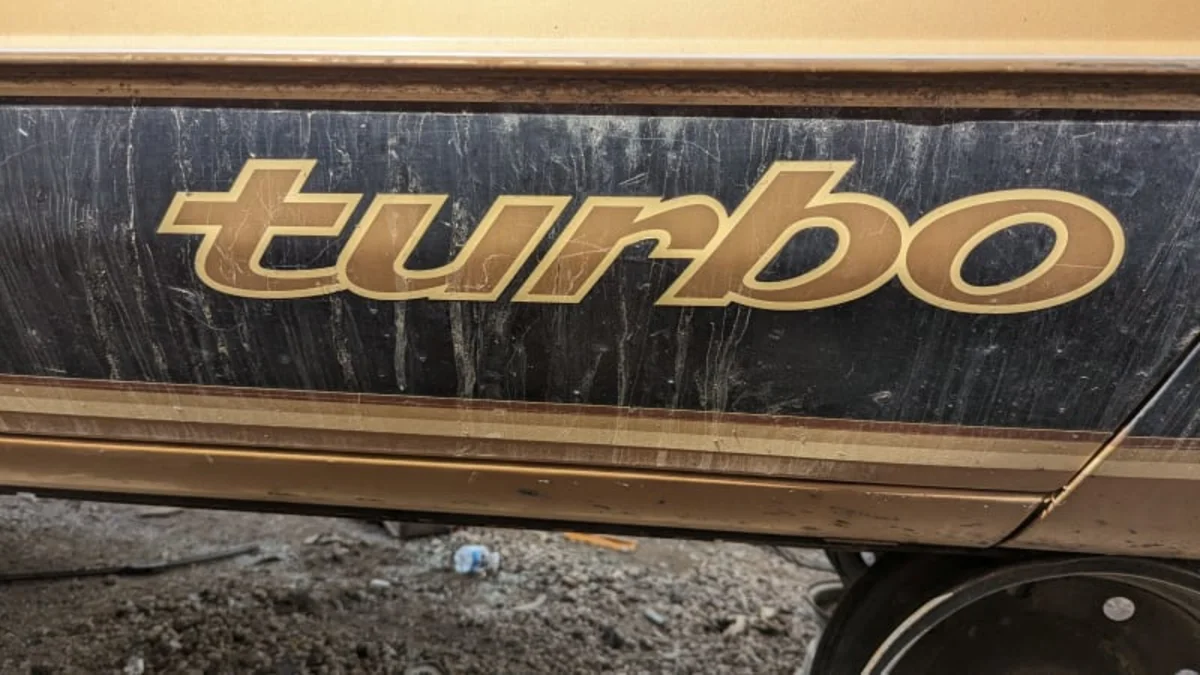
TURBO was a magical word during the 1980s, and turbocharger-equipped cars of that era tended to be covered with badges bearing that word. Turbo madness got so powerful that Mitsubishi even installed Starion seatbelts with TURBO lettering sewn right into the fabric. This car has these door decals that could be read from blocks away.
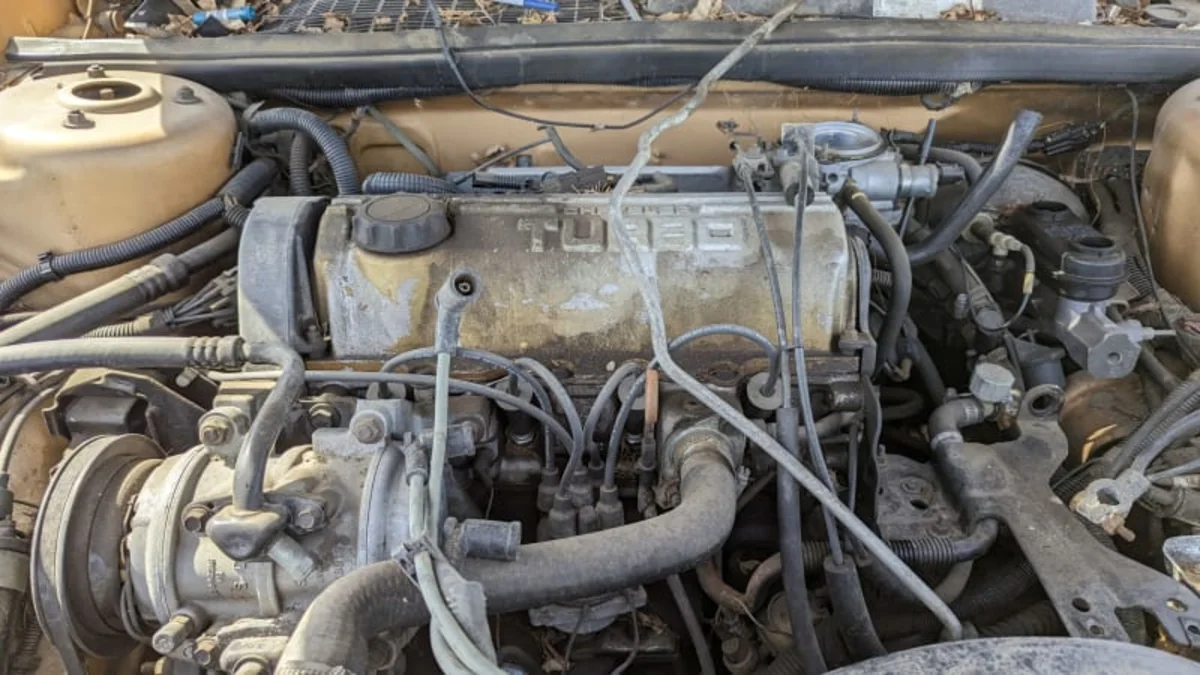
This engine is Chrysler’s 2.2-liter Turbo I engine rated at 146 horsepower. The base 1985 Daytona had a naturally-aspirated 2.2 with 93 horses.
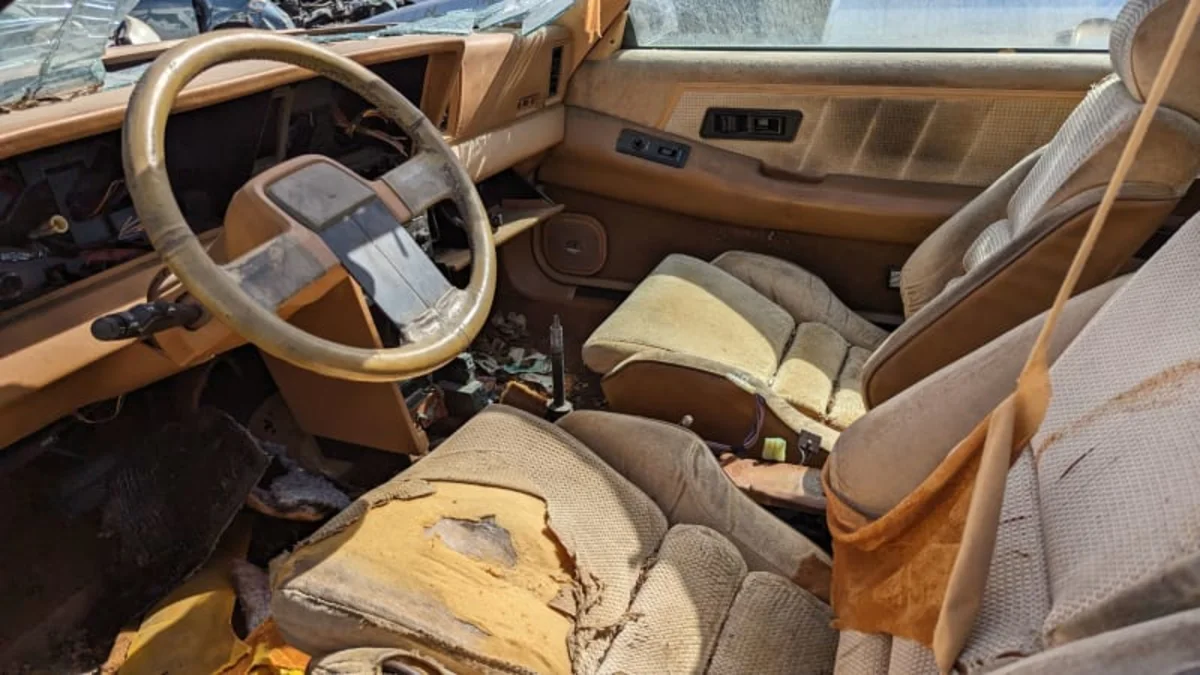
In 1985, there was also a Daytona Turbo Z model, with the same powertrain as the regular Daytona Turbo but with better suspension and meaner-looking trim. For 1986, the Daytona Turbo was dropped and the Turbo Z took over. For 1987, the Shelby Z became available.
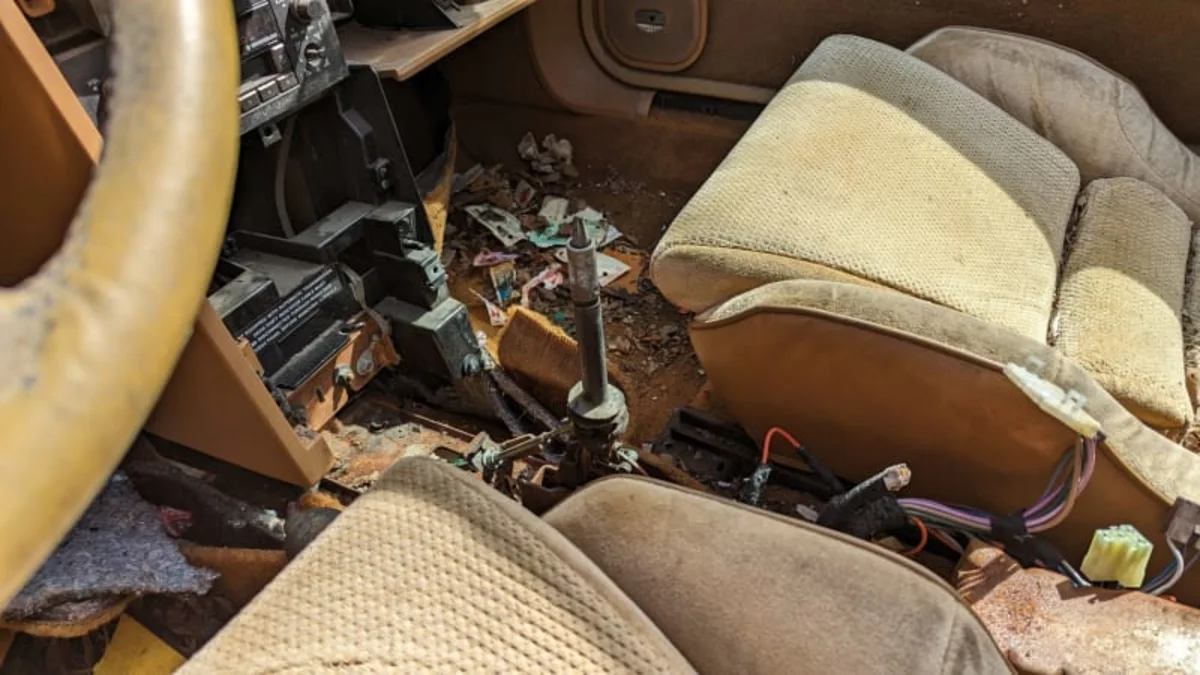
These cars were plenty quick (for their era) with the base five-speed manual, but this car has the $439 three-speed Torqueflite automatic ($1,262 in 2023 dollars).
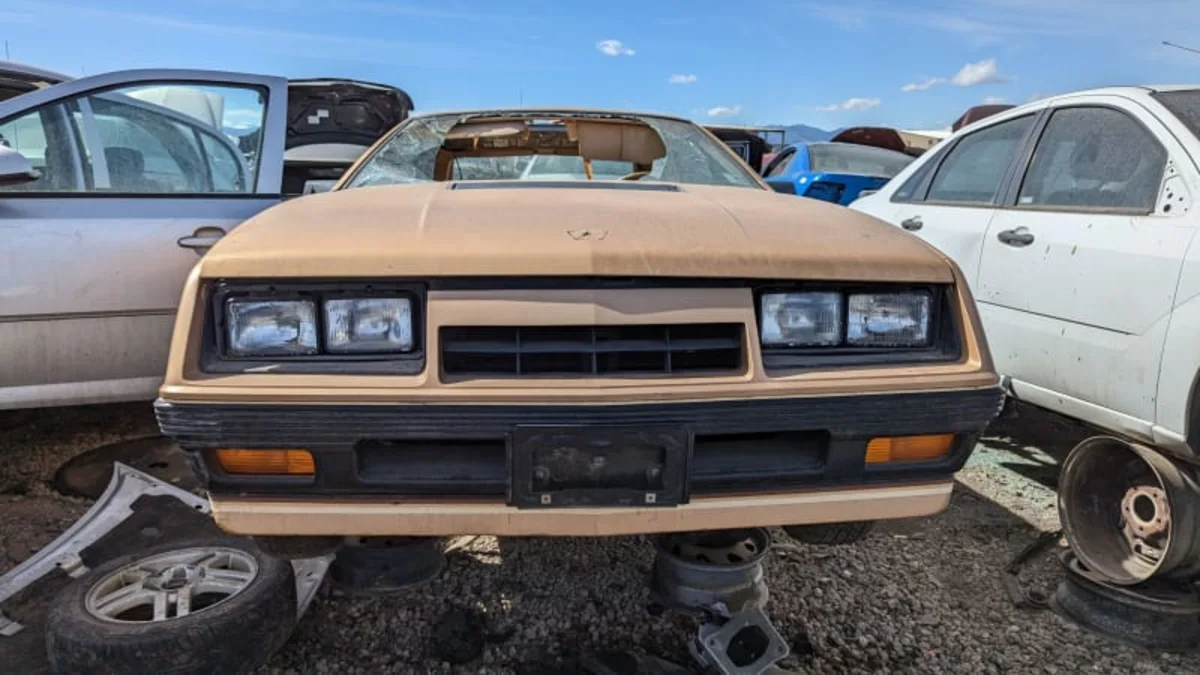
The MSRP for this car started at $10,286, or about $29,577 in today’s money. A new 1985 Chevy Camaro Z28 cost $11,281 ($32,438 now).
The 1980s were exactly like this commercial.
It’s an expressway to your heart.
Read the full article here


